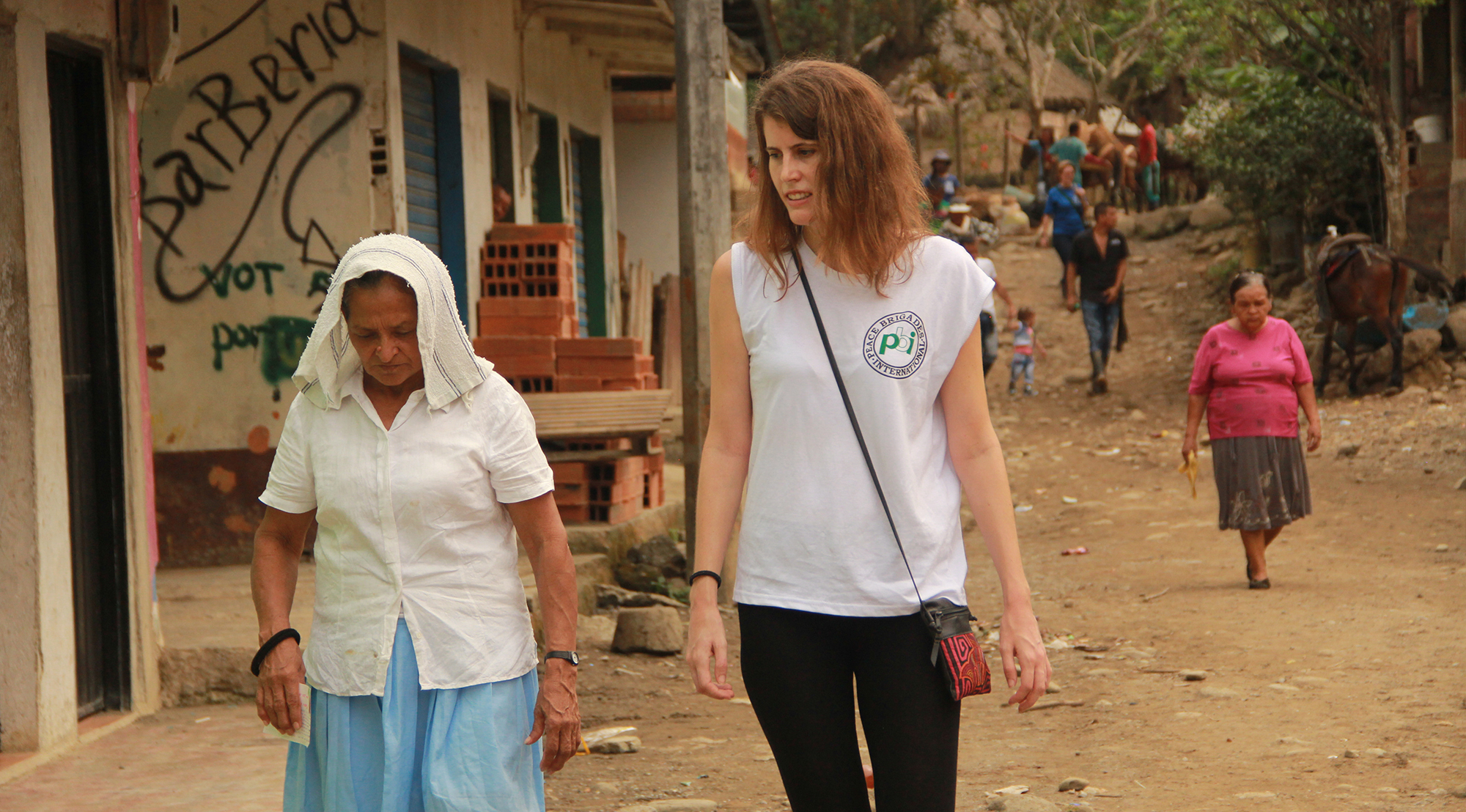“We’re establishing an organization that dispatches trained volunteers to fragile environments with the aim of preventing violence.” This is according to the founding protocol of Peace Brigades International (PBI) in 1981. Almost forty years have passed, but the mission hasn’t changed and, in addition to the principles of nonviolence, non-partisanship, non-interference, independence and horizontality, PBI’s voluntary dedication to human rights is its most important cornerstone. The organization’s main concern was, and still is, showing solidarity without at the same time pursuing pecuniary interests.
Strong volunteer character
PBI’s highest decision-making body, the General Assembly, meets every three years. The Articles of Association provide that at least 60% of the delegates are volunteers – this means that every entity must delegate at least one volunteer.
But it’s not just the “field volunteers” who work in unpaid positions at PBI. The project and training committees – also dedicated volunteers – are crucial pillars of the work happening on the ground. They support the operation of projects locally, for example by helping review assistance requests from new organizations. In 2017, a total of 400 volunteers worked for PBI worldwide, 110 of whom were field volunteers. In contrast, there were 83 paid workers in 20 entities. Each year in Switzerland, 55 volunteers get involved with 5 paid employees, currently with 280 percent by position.
“Professionalization” presents limitations
Contrasting voluntary commitment with “professional” work does, however, leave a stale aftertaste. This is because volunteers are the ones who contribute most to providing services at PBI. Despite the fact that field volunteers are employed for a minimum of a year, spend several months preparing and take on a great deal of responsibility, “voluntary work” is given too little value in the professional world.
This is where the challenges of voluntary work in international cooperation come into play. Specialized knowledge and the relevant experience are in increasing demand. On the one hand, this raises the entry thresholds for voluntary commitment, but on the other hand also reduces the appeal if they are not given the appropriate recognition.


